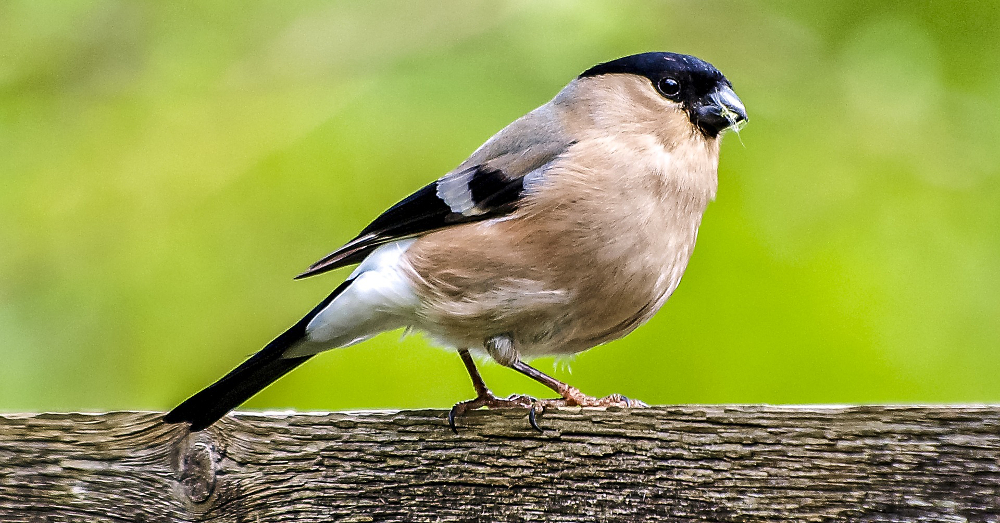
Common Pesticide Can Make Migrating Birds Lose Their Way, Research Shows
The world’s most widely used insecticide may cause migrating songbirds to lose their sense of direction and suffer drastic weight loss, according to new research.
The work is significant because it is the first direct evidence that neonicotinoids can harm songbirds and their migration, and it adds to small but growing research suggesting the pesticides may damage wildlife far beyond bees and other insects.
November 29, 2017 | Source: The Guardian | by Damian Carrington
The experimental study is the first to directly show harm to songbirds, extending the known impacts of neonicotinoids beyond insects
The world’s most widely used insecticide may cause migrating songbirds to lose their sense of direction and suffer drastic weight loss, according to new research.
The work is significant because it is the first direct evidence that neonicotinoids can harm songbirds and their migration, and it adds to small but growing research suggesting the pesticides may damage wildlife far beyond bees and other insects.
Farmland birds have declined drastically in North America and Europe in recent decades and pesticides have long been suspected as playing a role. The first evidence for a link came in 2014 when a study in the Netherlands found that bird populations fell most sharply in the areas where neonicotinoid pollution was highest, with starlings, tree sparrows and swallows among the most affected.
“The reason our new study is special is this is not a correlation – it is actual experimental evidence,” said Prof Christy Morrissey, at the University of Saskatchewan in Canada, who said the results shocked her. “The effects were really dramatic. We didn’t anticipate the acute toxicity, because the levels [of neonicotinoid] we gave them were so low.”
Three neonicotinoids were banned from use on flowering crops in the European Union in 2013 due to unacceptable risks to bees and other pollinators and a total outdoor ban is being considered. Canada is also considering a total ban. Neonicotinoids now pollute the environment across the world and pressure is growing to slash pesticide use, which research shows would not reduce food production on almost all farms.
The new research, published in the peer-reviewed journal Scientific Reports, analysed the effect of the neonicotinoid imidacloprid on white-crowned sparrows that migrate from the southern US and Mexico to northern Canada in summer.
Birds were given doses equivalent to less than a single corn seed and within hours became weak, developed stomach problems and stopped eating. They quickly lost 17-25% of their weight, depending on the dose, and were unable to identify the northward direction of their migration. “Basically, these birds became lost,” said Morrissey. Control birds that were not exposed to the insecticide were unaffected.
